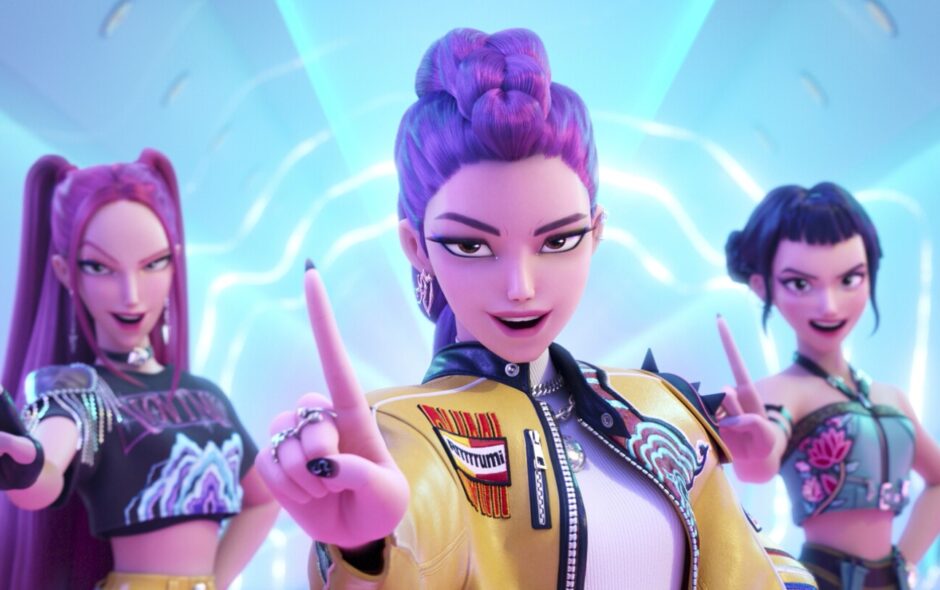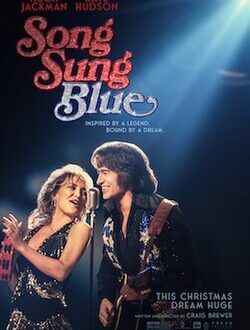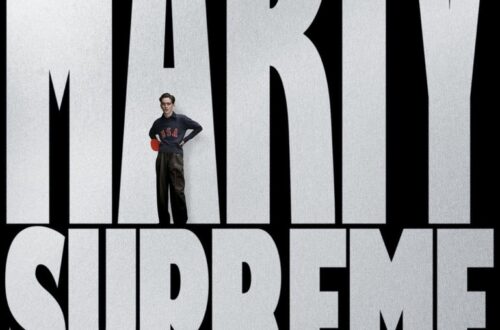Netflix, the company that disrupted television and transformed how the world consumes movies, has finally done something it never had before: it topped the weekend box office. The unlikely victor was KPop Demon Hunters, an animated musical about a girl group that doubles as demon slayers. What began as a colorful streaming title has exploded into a theatrical phenomenon, delivering a landmark moment for the streaming giant and revealing just how powerful fan culture can be when it leaps from the small screen to the big.
The movie was already a sensation when it arrived on Netflix, quickly becoming one of the service’s most-watched titles. The story of a band of glamorous young performers who use their music and their magic to fight evil tapped into the global fascination with K-pop while blending it with fantastical anime-inspired action. Its soundtrack was an instant success. Songs like “Golden,” “Soda Pop,” and “Your Idol” spread across TikTok and Instagram reels, with fans choreographing their own dance challenges and sharing homemade music videos that doubled as tributes. Within weeks, the songs weren’t just tracks on an album—they had slipped into everyday life, sung at sleepovers, blasted from car speakers, and performed at pep rallies and talent shows.
That digital enthusiasm set the stage for Netflix’s daring theatrical gamble. For two days, in just over 1,700 theaters across North America, the company released a sing-along version of the film. By the end of the weekend, KPop Demon Hunters had earned $18 million, enough to soar to number one at the box office. The result was historic: Netflix, once criticized for refusing to embrace the cinema, now had a bona fide theatrical champion.
The screenings themselves were spectacles. In the Bay Area, nearly two thousand fans flooded the Regal Stonestown Galleria in San Francisco, transforming the multiplex into something closer to a stadium show. Many came in elaborate cosplay, dressed as their favorite demon-slaying idols, while others wore fan-made T-shirts with glowing slogans pulled from the movie’s lyrics. When the lights dimmed and the first notes of “Golden” began to play, the audience erupted into cheers, waving light sticks and singing in unison. For a moment, the line between film and concert blurred, and the theater felt more like a fan convention.
This communal energy wasn’t limited to big cities. Reports from suburban malls and small-town theaters painted a similar picture: young fans belting out songs at the top of their lungs, parents clapping along, and entire groups of friends turning the screenings into weekend events. Social media was flooded with videos of sold-out showings where the audience knew every word, every dance step, every comedic beat. Theaters, usually places of quiet watching, were transformed into arenas of shared joy.
Part of what made the event so special was the way it gave fans permission to celebrate loudly together. Streaming at home offers convenience, but the communal magic of hundreds of voices joining in song cannot be replicated on a couch. For many teenagers, KPop Demon Hunters became their version of a midnight movie or a cult musical, a film that was as much about participation as it was about viewing. Parents spoke of how their children rehearsed songs for weeks before the sing-along screenings, while older fans described the experience as a throwback to the days when going to the movies meant being part of something larger than yourself.
The soundtrack’s cultural spillover only intensified after the theatrical run. School choirs added “Golden” to their repertoires. Dance teams began incorporating “Soda Pop” into halftime routines at football games. In grocery stores and gyms, the songs played over speakers, blending into the background of everyday errands. Suddenly, the soundtrack to a fantasy film about demon-fighting idols had become the soundtrack to real life—ubiquitous, energetic, and impossible to ignore.
For Netflix, the milestone was more than just financial. It marked a redefinition of its relationship with theaters. For years, the company insisted that the future of cinema was streaming at home. But the runaway success of KPop Demon Hunters suggested otherwise. It showed that under the right circumstances—when a story, a soundtrack, and a fan base converge—theatrical events can do something that streaming alone cannot: create collective memory.
The broader industry took note as well. Competing studios marveled at how quickly the film’s fandom mobilized, and some wondered if the model of short-run theatrical sing-alongs could be replicated with other streaming hits. More than a box-office win, the movie signaled a shift in how entertainment companies might think about blending digital distribution with live, communal events.
Perhaps the most important legacy of KPop Demon Hunters is the way it expanded the conversation about representation. By placing K-pop aesthetics and Korean cultural influences at the center of a global blockbuster, the film underscored the growing appetite for diverse storytelling. Fans saw themselves reflected in its characters, and the movie’s celebration of music, identity, and friendship resonated far beyond language barriers. Awards season speculation has already begun, with predictions that both the film and its songs could be in the mix at the Oscars.
For now, though, the victory belongs to the fans. They are the ones who turned a streaming title into a cultural movement, who packed theaters in costume, who sang every lyric until their voices gave out. They are the reason a company known for disrupting Hollywood from the outside has finally earned a crown within it. And they are proof that even in a digital era, the power of community, music, and story can transform a film into something unforgettable.
Netflix has its first number-one box-office film, but more importantly, KPop Demon Hunters has given the world something rarer: a reason to come together, to sing loudly in the dark, and to remember what it feels like when art leaps off the screen and into everyday life.




